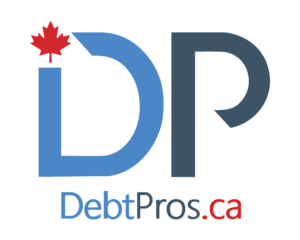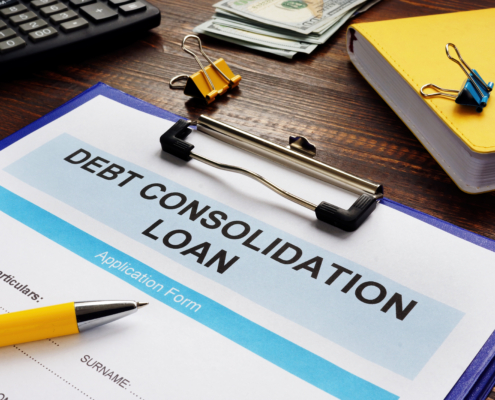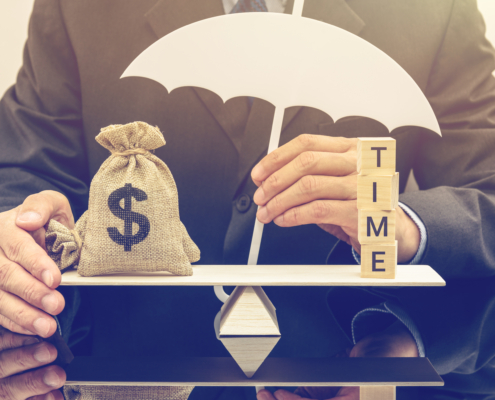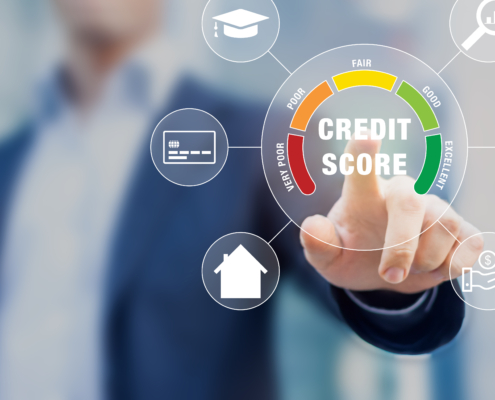Debt Relief Options
Consumer Proposal
A Consumer Proposal is a formal agreement between you and your creditors that can only be administered by a Licensed Insolvency Trustee (LIT). A proposal is based on your affordability to repay. In some cases, you can eliminate up to 70% of your total debt.
If you owe more than $10,000 in unsecured debt, a proposal might be the viable option. You will be able to consolidate your monthly payments and have a maximum repayment time of 5 years at 0% interest – all while protecting your assets, including your car, home, RRSPs etc.
Debt Management
A Debt Management Plan is an informal process offered by credit counselors which consolidates unsecured debts into one manageable monthly payment, generally with a reduction or freeze of your interest rates. However, you typically will be required to repay what is owed, in full, over a period of up to five years.
This process is designed to make paying your debt more straightforward. Many people who struggle with debt have difficulty remembering which debts they have to pay, when they have to make their payments, and how much to pay each month. This confusion often results in missed payments which can damage your credit rating and open you up to significant penalty charges.
Debt Consolidation Loans
Consolidating debt can be a smart move if you have multiple balances owing on credit cards or loans. Credit cards usually carry high-interest rates (an average of 19.99%), so securing a lower overall interest rate through consolidation can be attractive. For those who have an overwhelming amount of payments to make each month, one monthly payment to a consolidation loan would also be beneficial.
Debt consolidation loans however can be difficult to obtain – they often require a good credit score, which is something most people seeking a consolidation loan don’t have. Worse yet, they may require collateral, such as equity in a home.
Debt Settlement
Debt settlement programs can save a lot of time and energy from having to deal with your creditors. The simple idea behind debt settlement is to negotiate with your creditors to have your debts paid in full, but for less than you actually owe.
If you are considering a settlement, some good points to note are that not all lenders accept settlements, moreover, they will typically request that your account be made delinquent thereby damaging your credit score. Also, in most cases, whatever settlement offer is agreed upon must be paid in full.
Bankruptcy
Bankruptcy is a legal proceeding involving a person or business that is unable to repay its outstanding debts. A bankruptcy can only be filed with a Licensed Insolvency Trustee who you will work closely with throughout the entire process. You will not only be required to file initially but you will also have to produce monthly income statements to verify there has been no change in your financial status.
Bankruptcy is commonly accepted as a last resort, and for good reason. It has a negative impact on your credit report for a period of seven years in the first instance. Moreover, you will have to surrender all eligible assets for sale to help pay off a portion of your bankruptcy.
Credit Rebuilding
Past financial issues can have an impact on your credit score and lessen your chances of qualifying for a loan or getting a good interest rate. The good news is, with some time and perseverance it is possible to repair your credit in Canada.
There are different ways you can harm your credit, some common mistakes include late payment, not making the required minimum payment, maxing out your credit products etc. If you want to improve your credit score you can apply some of the following strategies: check your credit report to see where you stand, get up-to-date on your accounts, and apply for a new secured credit card to help build a positive history by using your new product correctly.






